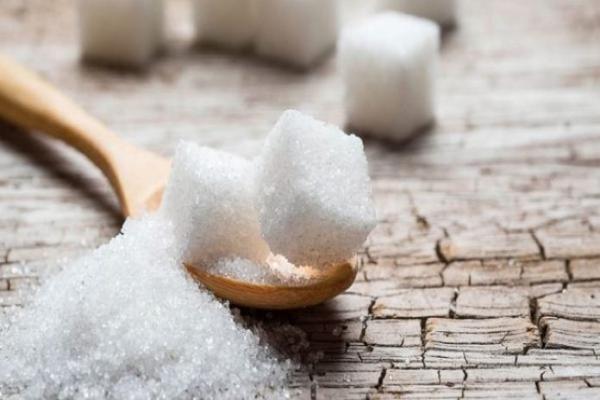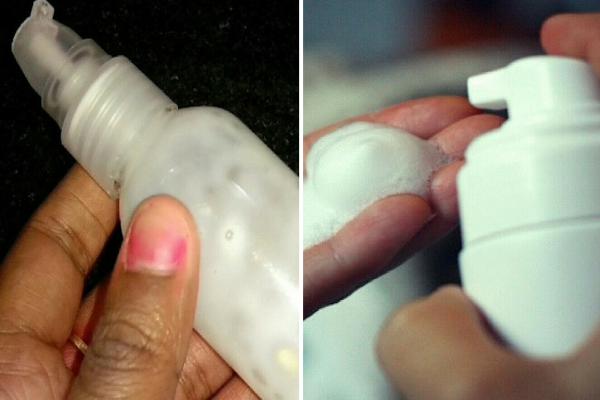You eat 26 teaspoons of sugar per day. It's too much.

Eating too many sweets can lead to a host of health problems. To reduce your intake, start by learning about the sources of sugar in your diet. The craving for sweets every now and then is natural. However, too much sugar in your diet increases the risk of weight gain, high triglycerides, unhealthy diet, developing certain cancers and dental caries.
Sugar is everywhere, we eat 26 teaspoons a day
Once used sparingly, sugar has become a major ingredient in modern diets. Almost nothing escapes it, whether it is cereals, drinks, breads, dressings, sauces or yogurts. Especially when these products are offered in a "low fat" version: a simple 0% fat yogurt can contain up to five teaspoons of sugar! Each day, the average French person consumes the equivalent of 26 teaspoons of sugar, an amount 4 times the amount recommended by the World Health Organization, 6 teaspoons. The WHO also recommends that adults and children limit their intake of added sugars to less than 10% of daily calories. To keep your sugar intake under control, it's important to be aware of the sources of sugar in your diet.
The hidden sugar is revealed on the labels
Start by reading food labels. Sugar comes in many names, including: corn syrup, molasses, honey, high fructose, fructose, and dextrose corn syrup. Understand that natural sugar is found in foods such as fruit, milk, and plain yogurt. Added sugar is added to foods or drinks, either during processing (such as in soda and flavored yogurt) or during preparation (such as when you add sugar to coffee). Recommendations for sugar consumption do not include foods with natural sugars. Because these foods usually contain other beneficial nutrients, such as vitamins, minerals, fiber and protein.






